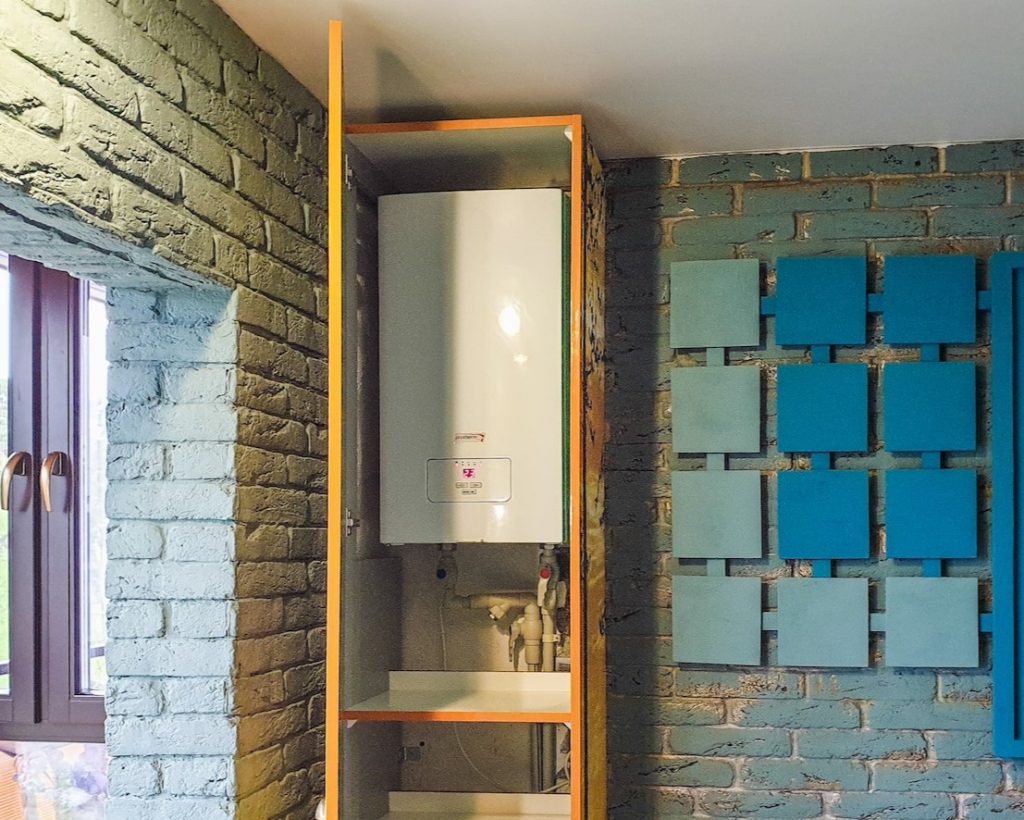During winter months, it is crucial to have a functional water heater. No one wants the dreaded experience of cold water, especially on those freezing cold days.
Water heaters are a common concern amongst many homeowners who have harsh winters. Among those concerns is the popular question: can a hot water heater freeze? Unfortunately, the answer is yes – hot water heaters can freeze.
This can be worrying for many, especially with the oncoming cold season. But don’t worry. This article covers everything you need to know about a frozen hot water heater, including how to fix it.
What happens if your hot water heater freezes?
Can a hot water heater freeze? While it may sound unbelievable, yes, it can. However, before we can identify potential solutions to a frozen water heater, we should be able to identify one. How can you tell if your hot water heater is frozen?
Here are some key indicators that your water heater is frozen or is in the process of freezing:
1. Inconsistent hot water
This is the first indication of trouble. Whether it’s a lack of hot water when washing your dishes or cold shower water, if your water doesn’t stay hot, something is amiss with your water heater.
You can try to fix this problem by raising the temperature on the water heater’s thermostat. If this doesn’t help, you may need to contact a professional to address the problem.
2. High energy bills
Another sign you can look out for is an increase in your electricity bills. As winter approaches, your home’s heating system already has to work extra hard to fight the cold and maintain an acceptable temperature for your water.
A frozen water heater could cause a spike in your electricity bills if you are using a traditional tank-style hot water heater.
3. Rupture of the hot water tank
When water within your hot water tank freezes, it expands and may cause the tank to rupture. This can be quite dangerous and can lead to costly damage.
Also, even if the tank doesn’t rupture, the pressure exerted by the expanding freezing water can be detrimental to other components in the system. For instance, it can damage the thermostat or the heating coil.
Fortunately, this is not common. Try to identify the issue before the temperature drops too low and take corrective measures from there.
How to keep a water heater from freezing
Now that we’ve addressed the question “can a hot water heater freeze?” the next step is to learn how to avoid it or address it if it happens.
Here are some tips:
1. Insulate the pipes
Nobody likes handling frozen pipes. Moreover, these pipes are highly susceptible to bursting, which can create issues.
Add more protection by insulating them. The heater’s built-in freeze protection won’t shield the pipes leading in and out of the device, as it only protects the water heater. So, preventive measures like insulation are important. If the pipes remain unprotected, they will likely freeze.
Fortunately, insulating the pipes isn’t a difficult task. Polyethylene and neoprene foam are the most commonly used insulation types and can be found at a local hardware store.
2. Drain the water
This safety precaution is applicable during power outages and extended vacations. If your water heater does not have any power, there will be stagnant cold water left in it. When exposed to cold weather, the water will begin freezing and expand inside the heater.
This will negatively affect the plastic elements in the water heater and can lead to more long-term damage. Most manufacturers advise you to drain your appliance during a power outage, as this will help to prevent the water from freezing inside the tank.
Also, if you’re going on a winter vacation, you should drain the tank and leave it empty. If you don’t, your water heater may freeze, and you’ll come home to a frozen mess.
3. Have a backup power source
Homeowners should have backup plans for situations like power outages. While you rarely see a power outage coming, you can, however, control the effect it has on your home.
For instance, if you reside in a place with frequent power outages, invest in a reliable backup system. Alternatively, you can use a drain-down solenoid to handle this issue.
This assists in maintaining the drain valve closed, provided it receives electricity. But when the appliance does not receive power, the drain-down solenoid opens the valve and drains the water heater for you. As such, water won’t freeze inside the tank.
4. Place your water heater in a warm location
It is always advisable to install the water heater in a well-insulated place. If you cannot set it up in a heated area, know that your appliance will be more susceptible to freezing. In fact, the water heater is also like to freeze overnight if placed in a cold location.
5. Use a recirculation system
This system is ideal for people that live in very cold climates. A recirculation system is a plumbing unit that can quickly and efficiently distribute hot water to different fixtures. With it, you don’t have to wait for the water to be heated.
6. Thaw frozen pipes
Another remedy for a frozen hot water heater is trying to thaw the frozen pipes. Thawing the pipes will get the water running. But, before doing this, ensure you locate the water shut-off valve to avoid a watery mess once the pipes thaw.
Adjust the thermostat to turn up the temperature and wait for the thawing process to be over. The process can take half an hour to four hours, depending on the external temperatures. You can also use a hair dryer to heat the frozen parts directly.
The hair drier option may take a lot of time and should only be used as a last resort when you have no other options. But please, ensure that you do not touch the hairdryer with your bare hands, as this can cause serious burns.
Conclusion: Can a water heater freeze?
So can water heaters freeze? While a hot water heater is not prone to freezing, there are some instances when it might freeze. If it does, you don’t need to panic. The above-mentioned tips will get your water heater back to normal.
However, if your water heater is still causing problems, or if you’re uncomfortable handling the task yourself, book an appointment with a skilled HVAC technician today.





